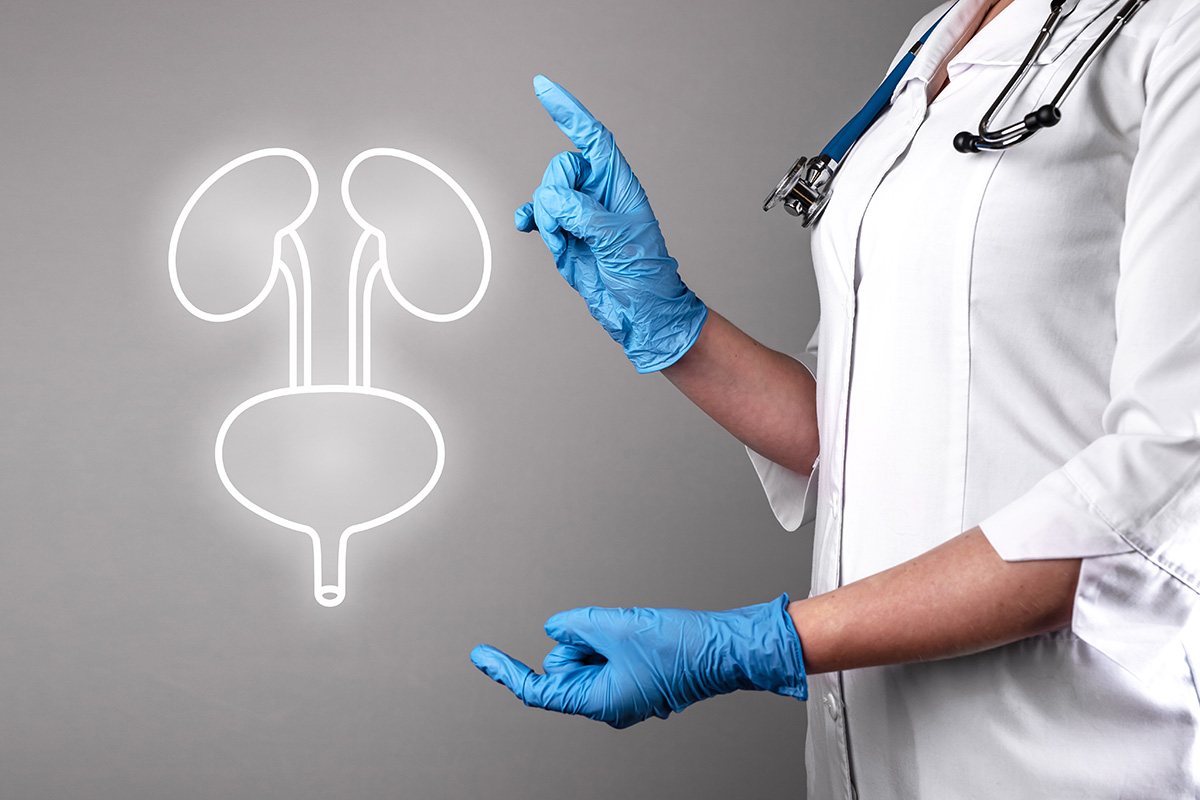
How to Choose the Right Urologist
How to Choose the Right Urologist: A Complete Guide
Urologists are medical specialists who diagnose and treat conditions related to the urinary tract and the male reproductive system. Whether you’re dealing with kidney stones, prostate issues, bladder problems, or sexual health concerns, finding the right urologist is essential for getting accurate diagnoses and effective treatment.
Table Of Content
When Should You See a Urologist?
- Frequent or painful urination
- Blood in urine
- Urinary incontinence
- Prostate issues (e.g. enlarged prostate or PSA concerns)
- Erectile dysfunction or low testosterone
- Kidney stones or chronic UTIs
- Infertility or testicular discomfort
Early consultation can prevent complications and ensure timely treatment. If you’re experiencing any of the symptoms above, it’s time to schedule an appointment.
Common Procedures Urologists Perform
- Ultrasound & Imaging – For diagnosing kidney stones, tumors, or bladder issues
- Cystoscopy – A procedure that allows the doctor to view the inside of the bladder and urethra
- Prostate Exam – To assess enlargement or screen for cancer
- Testosterone Therapy – For men with symptoms of low T
- Vasectomy – A common form of male birth control
- Minimally Invasive Surgery – For removing kidney stones or treating prostate conditions
How to Choose the Right Urologist
- Check Credentials
Make sure the doctor is board-certified in urology and has up-to-date licenses.
- Look at Experience
Choose a specialist who has experience with your specific condition (e.g., prostate health, kidney stones, male fertility).
- Read Patient Reviews
Online testimonials and ratings can offer insight into patient satisfaction, bedside manner, and wait times.
- Consider Communication Style
Your urologist should listen carefully, explain options clearly, and make you feel comfortable discussing sensitive topics.
- Check Clinic Facilities
Modern equipment, clean surroundings, and a professional support team can indicate high-quality care.
- Insurance and Location
Choose someone in-network and conveniently located, especially if you’ll need regular follow-ups.
Questions to Ask During Your First Visit
- What could be causing my symptoms?
- Do I need any tests or imaging?
- What are my treatment options?
- Are there lifestyle changes I should make?
- How often will I need follow-up visits?
- Are any treatments minimally invasive?
Coming prepared with questions helps you build trust and feel confident in your care plan.
Overcoming Fear or Embarrassment
Many patients avoid urologists due to embarrassment, especially when discussing erectile dysfunction, urinary control, or sexual performance. Remember: urologists are medical professionals trained to handle these topics with confidentiality and compassion. Seeking help early can prevent more serious problems later.
Conclusion
Your urinary and reproductive health are too important to ignore. By choosing the right urologist — someone skilled, communicative, and experienced — you take a big step toward lasting health and peace of mind. Don’t delay: early action leads to better outcomes.


